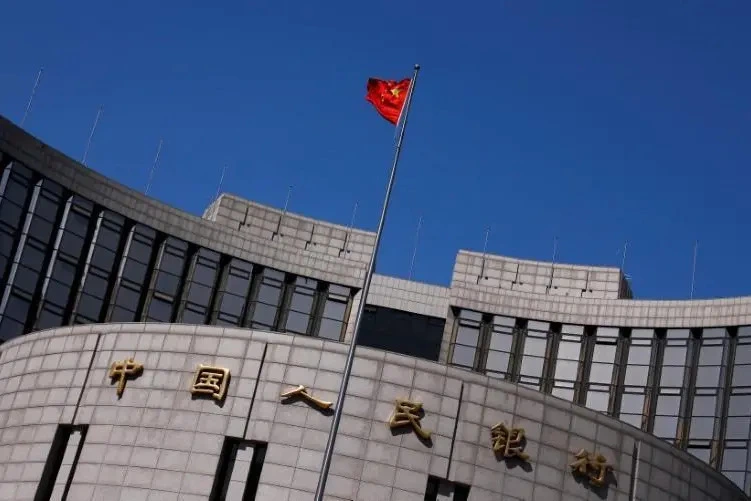
Businessicy – China central bank policy adviser has emphasized the need for increased fiscal stimulus to drive economic growth and has recommended establishing a clear inflation target to avoid a “low inflation trap.” These comments were observed on Friday.
China’s leadership indicated this week that fiscal support for the remainder of the year will prioritize boosting consumption. This includes plans to utilize funds from government bonds to support trade-ins for consumer goods.
Huang Yiping, a policy adviser to the People’s Bank of China (PBOC), stated in an article published by Peking University’s National School of Development on WeChat. That it is crucial to intensify macroeconomic policies, particularly by swiftly implementing planned fiscal expenditures.
Huang, a prominent economist and the head of the school, warned that overly cautious policies by the central bank. Also finance ministry in an effort to maintain policy stability might ultimately destabilize the economy.
He asserted, “If policies are overly conservative and disrupt economic stability, then policy stability itself will be compromised.”
Huang advocated for accelerating fiscal spending and suggested that policymakers should shift their focus from prioritizing investment to enhancing consumption. He proposed measures such as facilitating the settlement of more migrant workers in cities and providing cash handouts to residents.
“Stocks Decline, Nasdaq Signals Correction Amid Growing Recession Concerns”
China’s economy, the second-largest in the world, grew at a slower-than-expected rate of 4.7% in the second quarter. Experiencing deflationary pressures, with retail sales and imports significantly lagging behind industrial output and exports.
“If we indeed fall into the ‘low inflation trap,’ the consequences will be severe,” he cautioned.
The government has set an economic growth target of around 5% for 2024. Huang recommended setting a stringent annual consumer inflation target of 2%-3%. And elevating the importance of achieving moderate inflation to match the economic growth goal. China has historically aimed for an inflation target of about 3%, but actual price increases have frequently fallen short of this target in recent years.
“The Complete Information From Wikipedia About China Central Bank”